BEING A STAGE MANAGER FOR PARTICIPATORY THEATRE
Ella Stewart takes us behind the scenes of Can You Hear Me Now? and making work without hierarchy.
Rehearsals for Can You Hear Me, Now? L-R: Karema, Yathreb, Theo, Rosie, Beth, Matthew, Somya, Ella, Hannah. Photo credit: Aya Wanli
I suppose we should probably start with the question “what is a stage manager?”
I’ve been working as a stage manager for 5+ years now and have often heard them described as the glue that holds everything within the production together, and I’ve found this to be a very fitting description. They facilitate and help to manage the rehearsal process, act as the main line of communication between all the various technical departments and ensure everything runs smoothly, and to plan on the day of the performance. It requires A LOT of organisation and planning…
Two things that I’ve found to be very different during my first experience of participatory theatre!
“Organised chaos” is the phrase that comes to mind in relation to this kind of theatre. It’s not like any stage management role I’ve had before, but makes for a refreshing change.
There is no hierarchy in the room, everyone is equally important to the creative process.
In this particular rehearsal room, I’m not just the stage manager but a participant myself. This requires an extremely adaptable, flexible and inclusive approach in comparison to the usual approach of organising and planning everything down to the smallest detail. Things are always changing and new performance pieces from participants are constantly being added into the running order of the show.
Nothing is set in stone, people could turn up on the morning of the performance who want to be involved, and it’s down to us to find a way to make that happen.
After a year of Covid and not being able to see and spend time with people, it’s been really special to be able to be part of seeing people coming back together again, making new friends and slowly coming out of their shells throughout the rehearsal process. For some people it’s the first time they’ve had the opportunity to socialise in a new country!
I’ve loved seeing the barriers between cultures and language dismantled through art, singing, creativity and being involved with that. It very much feels like I’ve been part of creating this performance as well as documenting and helping to run it. Sometimes you get so caught up in creating a performance that you forget to enjoy yourself as you do it, but this has been such a fun, relaxed and friendly environment it’s been impossible not to love every second.
It’s felt truly amazing to be a part of something that clearly means so much to people .
Working on Can You Hear Me, Now? has given me a new outlook and set of skills to take forward into other jobs in the future, which I very much hope involves more work in participatory theatre.
It’s theatre for the people, by the people!


